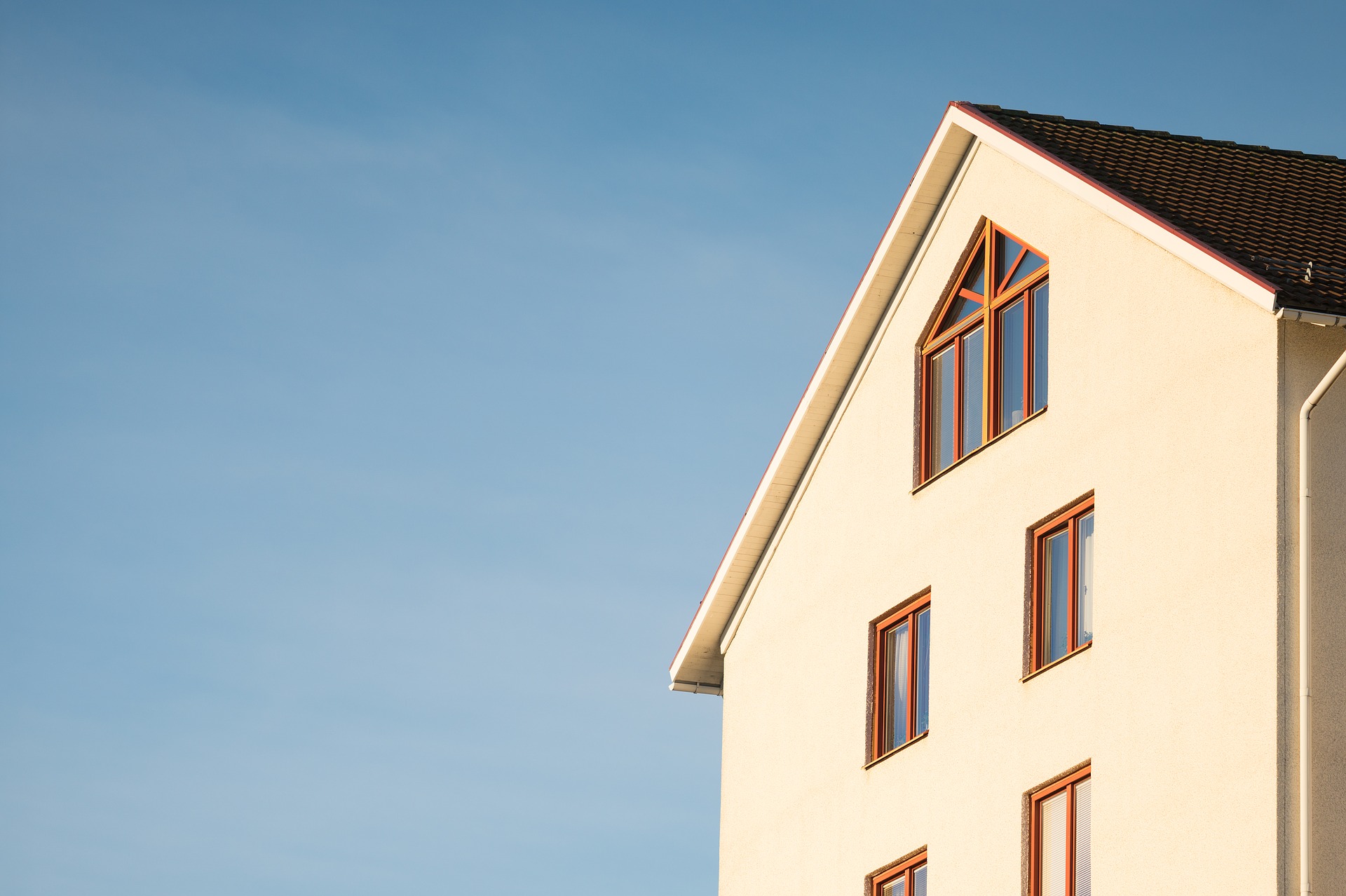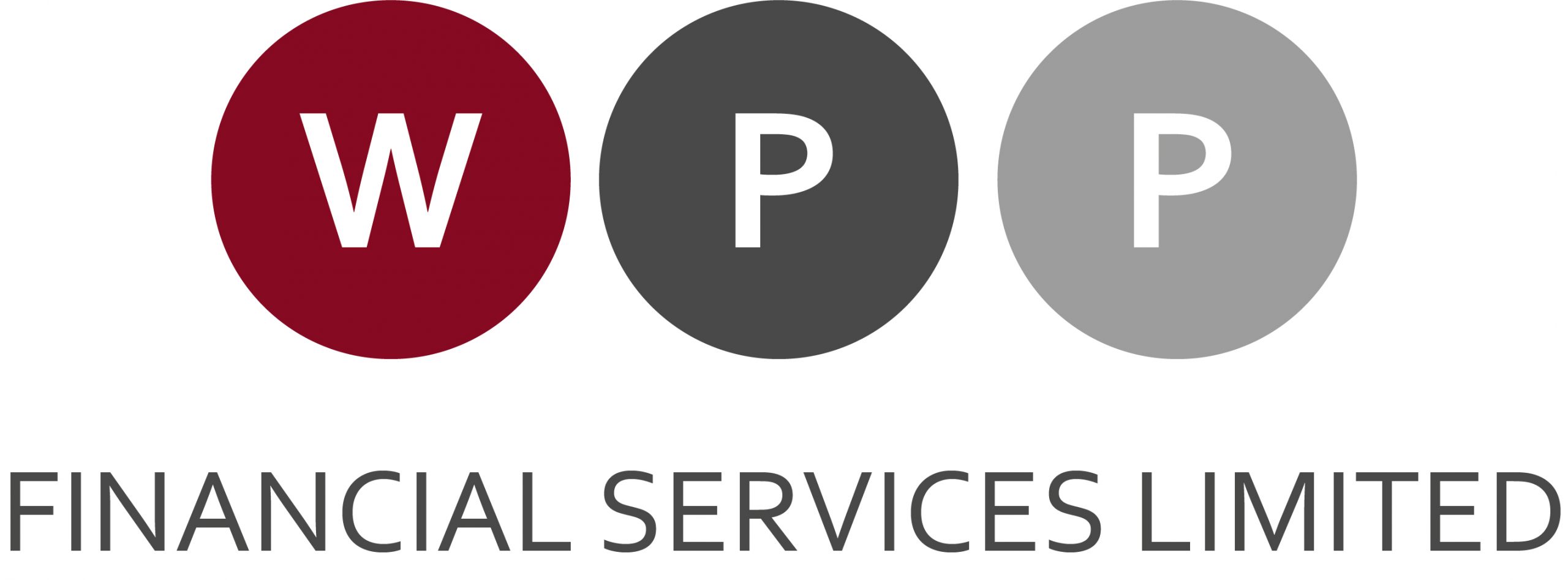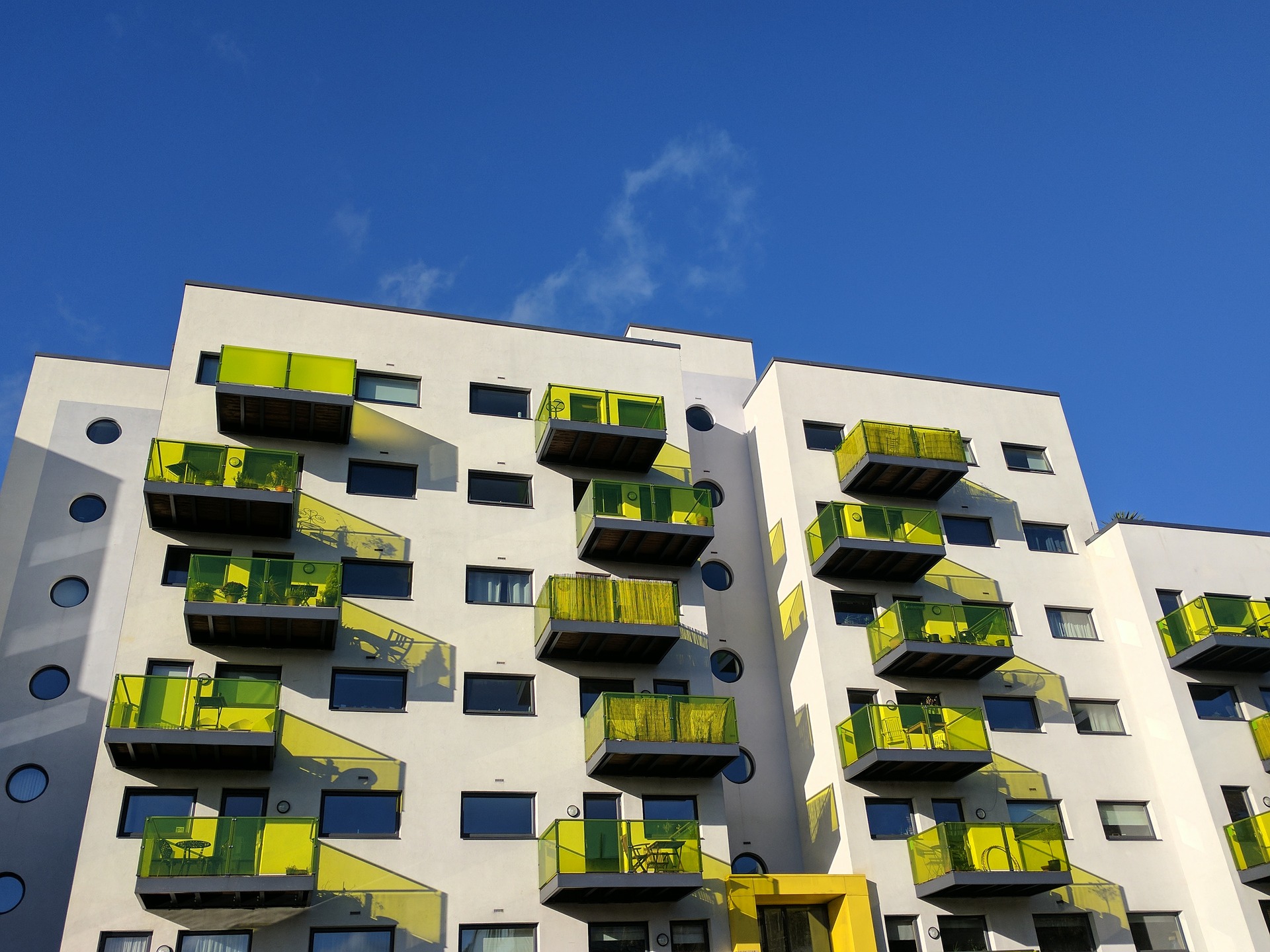Buy-to-Let Mortgage Information
What is a buy-to-let mortgage?
A buy-to-let mortgage will need to be considered if you are considering buying property to rent it out and be a landlord.
Buy-to-let mortgage advice from WPP Financial Services, Rochester, Medway, Kent, could help with this.
The Financial Conduct Authority do not regulate buy to let mortgages.
A normal residential mortgage will normally have a clause that stops you from renting out your property. You will need to check the terms and conditions of your mortgage to find out more. Without doing so, your mortgage lender could follow legal proceedings and might even insist that the mortgage is repaid immediately.
If you are considering renting out property as an investment and would like more information, WPP Financial services can help.
The rules and regulations regarding buy-to-let mortgages are fairly similar to residential mortgages but there are some key differences.
Buy-to-let mortgages are usually offered as interest-only mortgages where residential mortgages tend to be on repayment terms. Interest only mortgages mean that you are only covering the interest accrued on your mortgage debt. The actual original loan amount borrowed is not repaid and, as such, does not decrease. The general strategy used by a landlord behind this is that, at the end of the term, they will sell the property to pay off the loan amount and hopefully benefit from any capital interest
Quite often there are some differences from typical mortgages.
You can visit the ARLA website at www.arla.co.uk. Please note: By clicking this link you will be departing from the site of WPP Financial Services. Neither WPP Financial Services nor Rosemount Financial Solutions (IFA) Ltd is responsible for the accuracy of the information contained within the linked site.
Property Maintenance
Larger deposits are often required on buy-to-let mortgages (between 20-40%)
Mortgage Fees
There are often larger fees involved
Interest Rates
They tend to have higher rates of interests.
Stamp duty
Stamp duty for a property that is not your own home tends to be higher.
End of Term
Financial Regulations
Buy to Let mortgage lending is not regulated by the Financial Conduct Authority

Make an Appointment
Can I get a Buy-to-Let mortgage?
As with all mortgages, it is easier if you have a good credit history and are free of large amounts of debt. Quite often, a buy-to-let mortgage will require that you own your own home or have an existing mortgage on it. The mortgage term normally is limited so that you can’t be older than around 75 when the mortgage is due to come to an end.
Typically those that are successful in having a buy-to let mortgage approved are earning around £25,000+.
What is a consumer Buy-to-let mortgage?
Consumer buy-to let mortgages are mortgages that are put in place when you plan to let your property out to a family member such as your spouse, children, siblings or grandparents). These have similar approval criteria to residential mortgages. These are regulated by the Financial Conduct Authority (FCA).
Can you switch from a residential mortgage to a buy-to-let mortgage?
Most mortgage lenders do have options that allow this but you will need to contact your mortgage company to find out more. If a change in circumstance means you have to move away from the property and need to let your home out, you might initially want to contact your mortgage lender to discuss the options available.
Are buy-to-let mortgages more expensive?
Buy-to-let mortgages tend to have higher interest rates and larger fees. This is because they tend to carry greater risk for the lender. Landlords with a buy-to-let mortgage usually use rental income to cover the monthly mortgage payments but frequently experience problems with tenants and rent collection. You are also likely to need a deposit of 20-40% and the fees, including stamp duty, tend to be higher.
However, most buy-to-let mortgages tend to be interest-only loans which often means the monthly repayments can be cheaper than a repayment mortgage although this type of mortgage does mean that you are still left with the original loan amount borrowed at the end of the mortgage term.
How much is the deposit required for a buy-to-let mortgage?
Deposits for most buy-to let mortgages tend to be around 20 – 45%. This is typically larger than that required for a residential mortgage because of the higher risks involved (e.g. default of mortgage payments because of tenancy or rent collection problems)
Buy-to-let mortgages and tax
Landlords used to be able to deduct the interest they paid on their buy-to-let mortgages from their taxes. However this is being phased out from April 2020. Landlords will still be able to claim 20% tax credit on the interest paid.
Income Tax and Buy-to-let mortgages.
If you are receiving rent for your property this will be considered as additional income and you will need to pay income tax on it as a result. You must complete a Self Assessment tax return for the tax year. The income tax will depend on your total amount of income for the year and the band you are in. With good accounting, you can reduce the amount of self assessment tax by offset nog it with allowable expenses including, letting agent fees and property maintenance costs. Keep invoices and receipts for any work done on the property.
Capital Gains Tax and Buy-to-let Property
Capital gain is the profit you make from selling your house at the end of the rental period should you choose to do so.You will usually have to pay Capital Gains tax if it is over the annual threshold of £12,000 (for the 2019/20 tax year). If this is jointly owned you can combine the threshold allowed.
Basic rate tax payers capital gains tax is charged at 18% and higher or additional rate taxpayer at 28%. With other assets, the basic-rate of CGT is 10%, and the higher-rate is 20%.
Allowable expenses that can reduce your capital gains tax owed include stamp duty, Solicitor fees and Estate agent fees.
For further buy-to-let information, please contact WPP financial services. Email micheal@wppfs.co.uk or call 01634 940023.
Fees to consider when applying for a buy-to-let property?
Other fees to consider as a landlord include
Income tax on any rental payments
Landlord’s insurance and rent insurance
Letting agent fees – if you choose to use them.
Maintenance and repair costs
As a landlord you will need to follow certain regulations and will need to fulfill certain responsibilities to your tenant.
When it comes to buying the property, there’s now an additional 3% stamp duty to pay on buy-to-let mortgages. Use the government’s Stamp Duty site to find the latest rates.
What are the different types of buy-to-let mortgages?
Buy-to-let mortgage can be offered as the following types:
Fixed-rate mortgages
This means you pay a fixed repayment amount each month over a term set initially in the agreement. This is similar to residential mortgages in that the longer the fixed period, the higher the level of interest will be.
Discount variable mortgages
A discounted variable mortgage is fixed at a set percentage below your lender’s standard variable rate for typical residential mortgages. For example you might be offered a discount of 2%. If the standard variable rate is 5%, you will pay 3% interest on your mortgage. If your lender’s standard variable rate is 6%, your rate will be 4%. The typical length of this agreement is 2 years.
Tracker mortgages
These have a set rate of interest at a percentage above the variable rate, using the Bank of England’s base rate which can change. When this rate fluctuates, the mortgage payment will too and can change on a monthly basis. This payment can go up and down.
Whether you get a fixed or variable interest rate will depend on your personal circumstances and preferences. When you have an interest only mortgage, you pay only the interest on the loan and nothing off the capital. This means that at the end of the term, you’ll still need to find the funds to pay off the outstanding capital balance. With repayment mortgages, you pay off the interest and some of the overall cost of the property each month
Get In Touch
Visit Us
Innovation Centre Medway
Maidstone Road
Chatham
ME5 9FD

